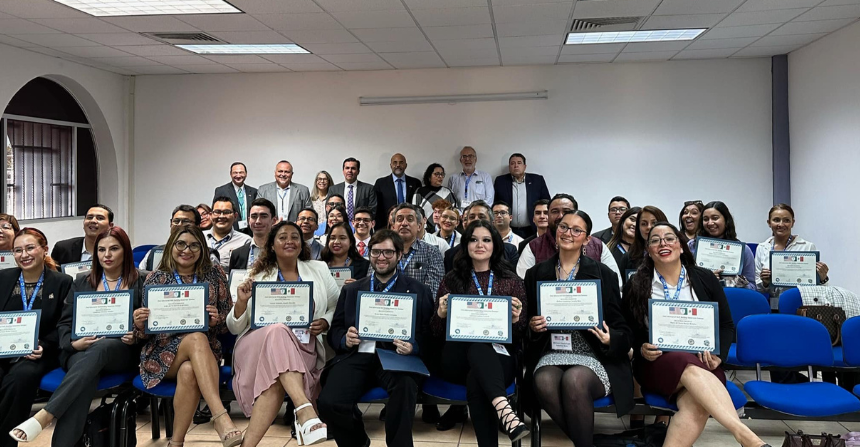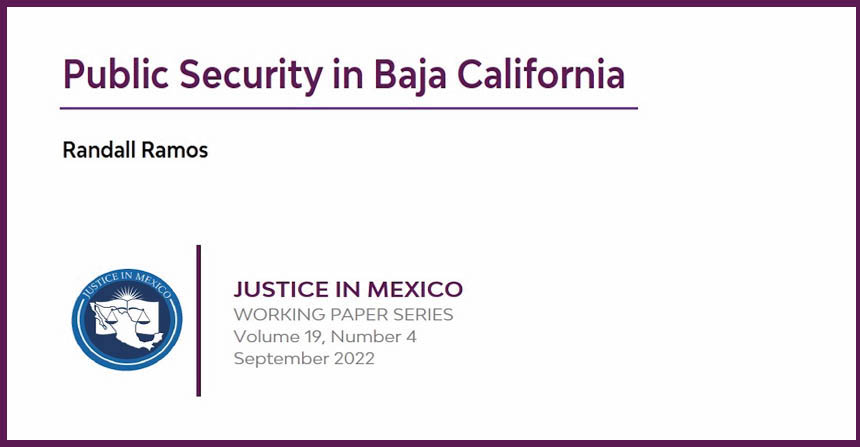
04/22/12 (written by cmolzahn) – According to a story published in the New York Times, Wal-Mart covered up a case of widespread corruption involving its largest subsidiary, Wal-Mart de México. The story, which can be read in full here, claims that in 2005 a Wal-Mart attorney alerted company executives to a practice of offering bribes to officials throughout Mexico in exchange for construction permits for new stores, which company executives deliberately concealed, fearing the repercussions of tarnishing its Mexico operations, which then represented the company’s largest growth potential, and a model for further expansion. Wal-Mart currently employs 209,000 people in Mexico, making that the country’s largest private employer. An internal investigation by Wal-Mart’s Bentonville, Arkansas central office revealed bribes paid out to Mexican authorities totaling $24 million, as well as an effort by top Wal-Mart officials to conceal them through fraudulent accounting.
The primary source named in the article, former Wal-Mart attorney Sergio Cicero Zapata, described organizing bribes paid to Mexican authorities prior to his resigning in 2004. His subsequent declarations to Wal-Mart’s internal control department sparked the investigation that revealed that payments of the alleged bribes were made by two company attorneys, Pablo Alegría Con Alonso and José Manuel Aguirre Juárez, who acted as “gestores,” individuals routinely employed by companies– in many cases legitimately– to maneuver through Mexico’s often labyrinthine bureaucracy. Moreover, the payments would have been approved by top company executives, including legal director of Wal-Mart de México y Centroamérica José Luis Rodríguez Macedo, who recently resigned from his position. Maritza Munoch, Wal-Mart’s international legal director, launched an independent investigation that found that the bribes from Wal-Mart de México began in 2002, when Eduardo Castro-Wright assumed control of the subsidiary. Castro-Wright was considered for president of Wal-Mart in 2009, largely due to the rapid growth Wal-Mart de México experienced during his tenure. In the end, he was promoted to global vice-president, and later became president of Wal-Mart Stores in the United States. Cicero alleged that Castro-Wright himself encouraged payments to Mexican authorities for circumventing bureaucratic obstacles, such as zoning maps and environmental regulations, in order to outpace competitors.
The investigation was initially to be carried out with a team of U.S. lawyers in the under-resourced Corporate Investigations Unit, which set up operations in Mexico to pursue the allegations. Beginning in November 2005, the investigation quickly found that the two “gestores,” Alegria and Aguirre, had alone received $8.5 million in payments since 2003, and that such payments ended in 2005, when Cicero Zapata blew the whistle on the bribery web. As the investigation uncovered indications that top Wal-Mart de México executives were complicit in the bribes, it moved up the chain of command, and drew criticism from Eduardo Solórzano, then the president and general director of Wal-Mart de México, who criticized the process for being too secretive and accusatory. In early 2006, despite Maritza Munoch’s plea to expand the Mexico investigation, Wal-Mart CEO Lee Scott changed protocols to stipulate that senior Wal-Mart executives would have more control over internal investigations, saying that Joseph R. Lewis, lead investigator in the case and also a former Federal Bureau of Investigation agent, had employed “overly aggressive” tactics. This change allowed control of the investigation to pass to José Luis Rodríguez Macedo, legal director of Wal-Mart de México, who himself had been one of the investigation’s earliest targets. Rodríguez Macedo closed the investigation two weeks later, concluding in his six-page report that there was no clear evidence that the payments to the “gestores” were made with any criminal intent. The Times report also alleged that Michael T. Duke, Wal-Mart’s current CEO, was also kept apprised of the developments of the investigation. Duke was then in charge of Wal-Mart International, thus responsible for all foreign subsidiaries.
In response to the New York Times report, Wal-Mart stated in a press release that, “[They] take compliance with the U.S. Foreign Corrupt Practices Act (FCPA) very seriously and are committed to having a strong and effective global anti-corruption program in every country in which [they] operate.” It went on to state that, “Many of the alleged activities in the New York Times article are more than six years old. If these allegations are true, it is not a reflection of who we are or what we stand for. We are deeply concerned by these allegations and are working aggressively to determine what happened.” According to the press release, the company is working voluntarily with the U.S. Justice Department and the Securities and Exchange Commission regarding the matter, and filed a 10-Q (quarterly report) in December to inform shareholders of the investigation. It also detailed several measures it has taken with its Mexican operations to ensure adherence to FCPA regulations.
Sources:





This is an interesting follow-up. http://www.npr.org/2012/04/25/151355978/the-wal-mart-dilemma-when-is-a-payment-a-bribe